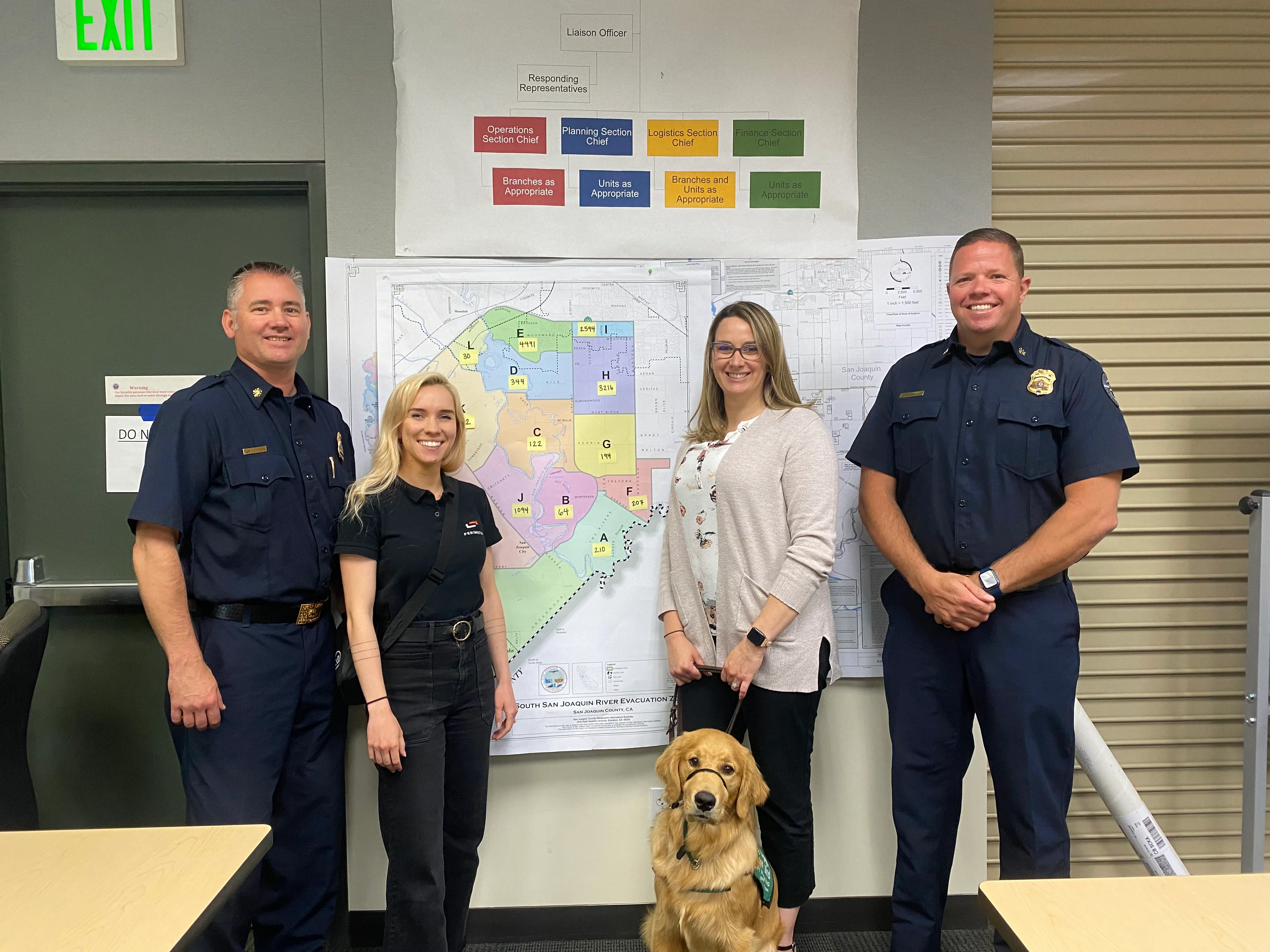
With roughly 40% of Americans now working from home, workplace conditions have changed drastically in recent months. These changes took place alongside the start of many summer internship programs, forcing many companies, including Perimeter, to experiment with new workflows.
Following the conclusion of our summer program on August 28, Perimeter’s interns have provided some insight into this new experience: what worked well, what could use some improvement, and some key takeaways for other employers while they adapt to online work settings as the pandemic continues.
Key takeaways for online internships
Based on their experience working with Perimeter this summer, our interns Aaron Lin and Nick Bishop provided us with 3 important takeaways from the online internship experience. We plan to integrate these for future programs, and encourage other businesses to consider these tips moving forward.
Prioritize paired workflows over solo work
Online work can get lonely because of a lack of interaction and non-work meetings coupled with a quarantine that keeps you from doing very much. The work is very self-paced, and it is much more up to the individual to have the drive to do it on time. Pair programming, and paired work in general, is a great way to foster a lot of positive interaction and boost overall morale to break up the tediousness of working by yourself.
Normally, in-person pair-programming can be a pain; one person is always awkwardly craned to look at the other person’s screen while they type, and the driver is the only one that can work on the project at a time.
However, with the power of screensharing and some great plugins that allowed for Google Docs-esque live collaboration, we were able to have multiple people working on the same document and eliminate that “breathing down someone’s neck” feeling that we all hate, while still reaping all the benefits of pair programming.
Use online channels to create a social atmosphere
Having lunch conversations, meeting the people you work with, going out to events, is all much harder to do online. This part is probably the greatest loss of an online internship, since a lot of the technical losses can still be made up for with the various productivity tools that exist today.
Working from home requires more effort to have a better time because you are not directly put in interaction with others, and it is up to you to stir up a positive environment that makes you excited.
Having non-work discussions and Slack channels, especially when these discussion channels are encouraged by the rest of the team, is a great way to simulate office experiences. Weekly happy hours over Zoom were also a great way to meet and connect with the other people on the team who you might not always work with on a daily basis.
Create new avenues for technical collaboration
Technical collaboration is much harder when off-the-cuff design and technical conversations are no longer possible. Leaving messages on Slack and scheduling calls with people might alleviate this issue a bit.
However, oftentimes popping over to someone’s desk to ask a quick question is much more efficient and organic, and sometimes even more fruitful than the asynchronous nature of Slack messages or video calls.
In addition to pair programming, establishing set times for development team members to be available for online discussion helped to simulate the more real-time back-and-forth of a traditional workplace. Team members blocked off a set of hours to be available on Slack, making quick feedback more doable.
Project-oriented internships: A new workflow for a COVID-19 era
Rather than follow our traditional workflow, where we’d focus on having interns contribute to a wide variety of tasks to get a greater breadth of exposure, the Perimeter development team assigned each intern focused projects to work on for the summer. This allowed them to specialize their work in order to make it easier to work from home without immediate support.
We asked Nick and Aaron to walk us through the projects they took on and how they feel the work they contributed has helped prepare them for future jobs.
Nick: I worked on both the new front-end design implementation and our “team view” feature. For the front-end design implementation project (which involved updating the Perimeter platform to match a new graphic style guide), I worked alongside Aaron to structure each design provided to us by the UI/UX team.
Both of these projects were very useful because I got more exposure to working with big design overhauls and good practice for programming and styling while working with existing code. I also got more experience working with others to accomplish a goal and how to better plan my time and anticipate challenges down the road.
I learned a ton while working on these projects and various other features I implemented and am very grateful for the fun learning experience in a small startup where I have power to make a large impact on the product and direction of the design.
Aaron: The two main projects I worked on were a front-end design overhaul, and building out the team management and access control features on the backend.
The old website design was not very modular, and was made piece-by-piece as features were being built out. Nick and I re-implemented the existing functionality of the website after the design team created a components model for the overall website design in order to create new, reusable components that would be used throughout parts of the website.
This design methodology provided great experience for learning how to adapt a new UI framework to an existing project, and also seeing how a centralized design spec is important for making a uniform product that makes sense and looks appealing to users.
Additionally, a large part of the Perimeter platform is being able to separate the numerous events and tasks into individual “teams” of different users. I helped design and implement the backend APIs and database schemas that make up the team management model. Through this project, I’ve learned a lot about proper design techniques for writing RESTful APIs, while keeping in mind the need to maintain existing API functionality in the process.
Conclusion
As Perimeter continues to adapt to the ongoing effects of COVID-19, we will keep exploring new adaptations to our traditional workflow to make the best of remote working conditions.
Interested in joining the Perimeter team? Contact us at info@perimeterplatform.com for more information.
By Trevor Greenan. Questions? Get in touch at tgreenan@perimeterplatform.com.


 Perimeter Staff – October 1, 2020
Perimeter Staff – October 1, 2020 


